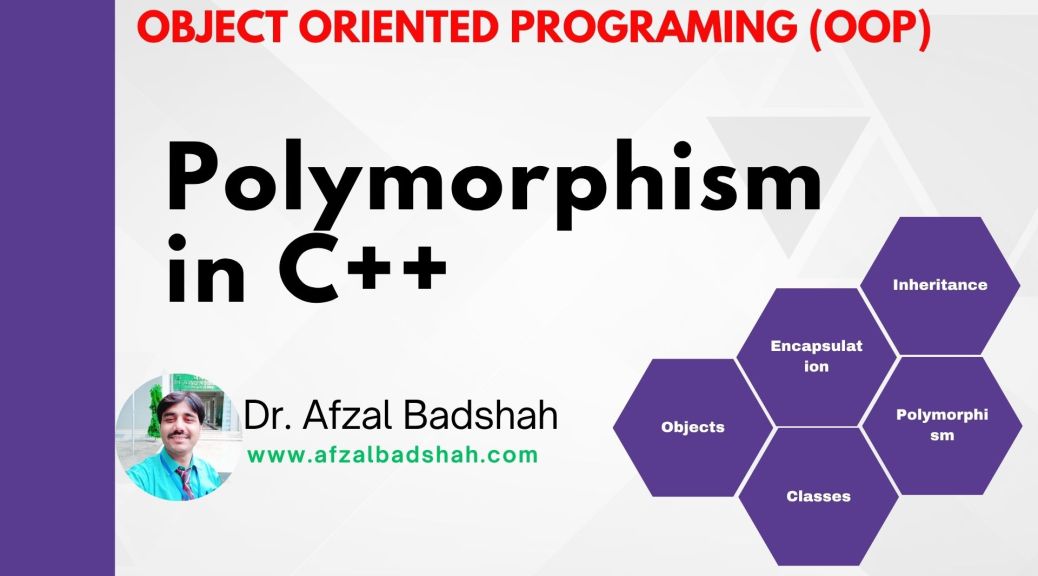Operator Overloading in C++: Teaching Objects to Behave Like Natural Data Types
Operator overloading is a simple yet powerful concept in C++. Imagine how naturally we use operators in daily life. We add numbers, compare values, and print results without thinking. Classes, however, do not automatically understand these operations. Operator overloading allows us to teach our objects these everyday actions. You can follow the detailed tutorial here. Why Do We Need Operator Overloading? In the real world, we combine quantities effortlessly: adding working hours, combining distances, or summing money. But in programming,…









